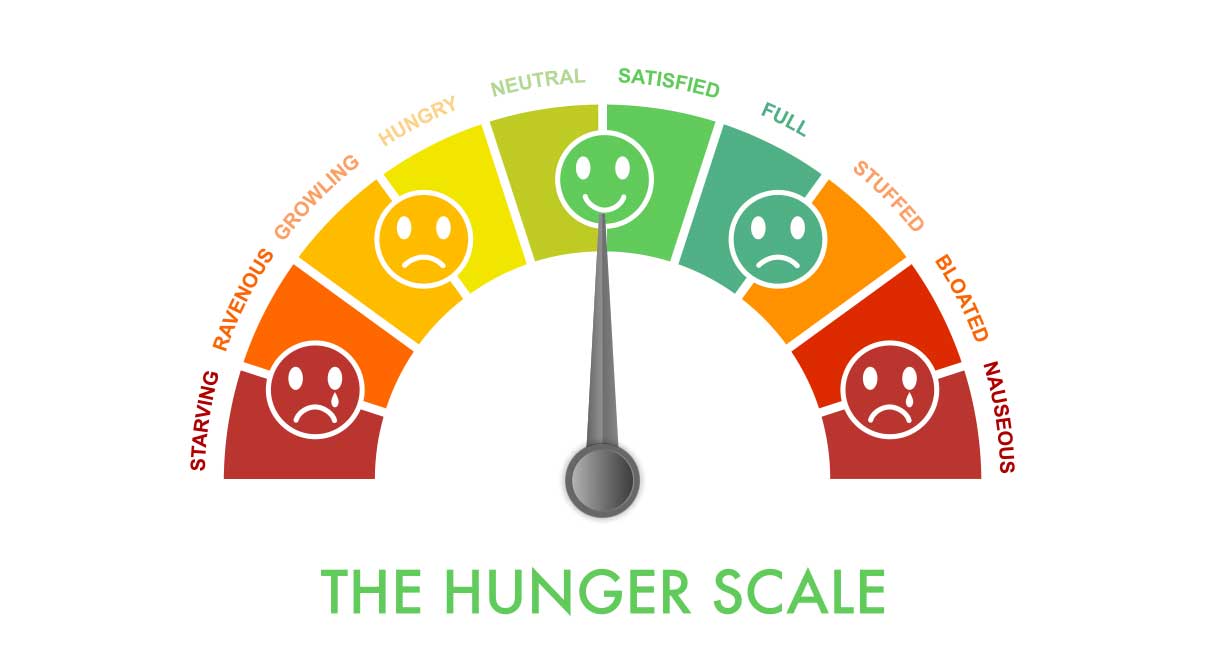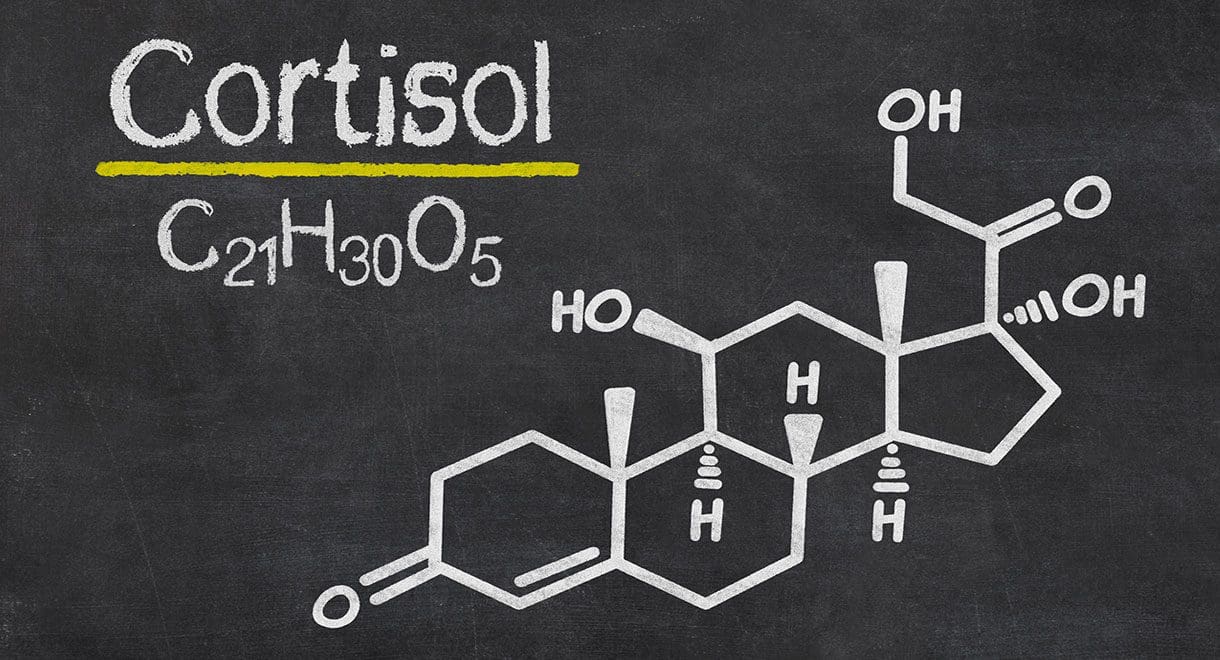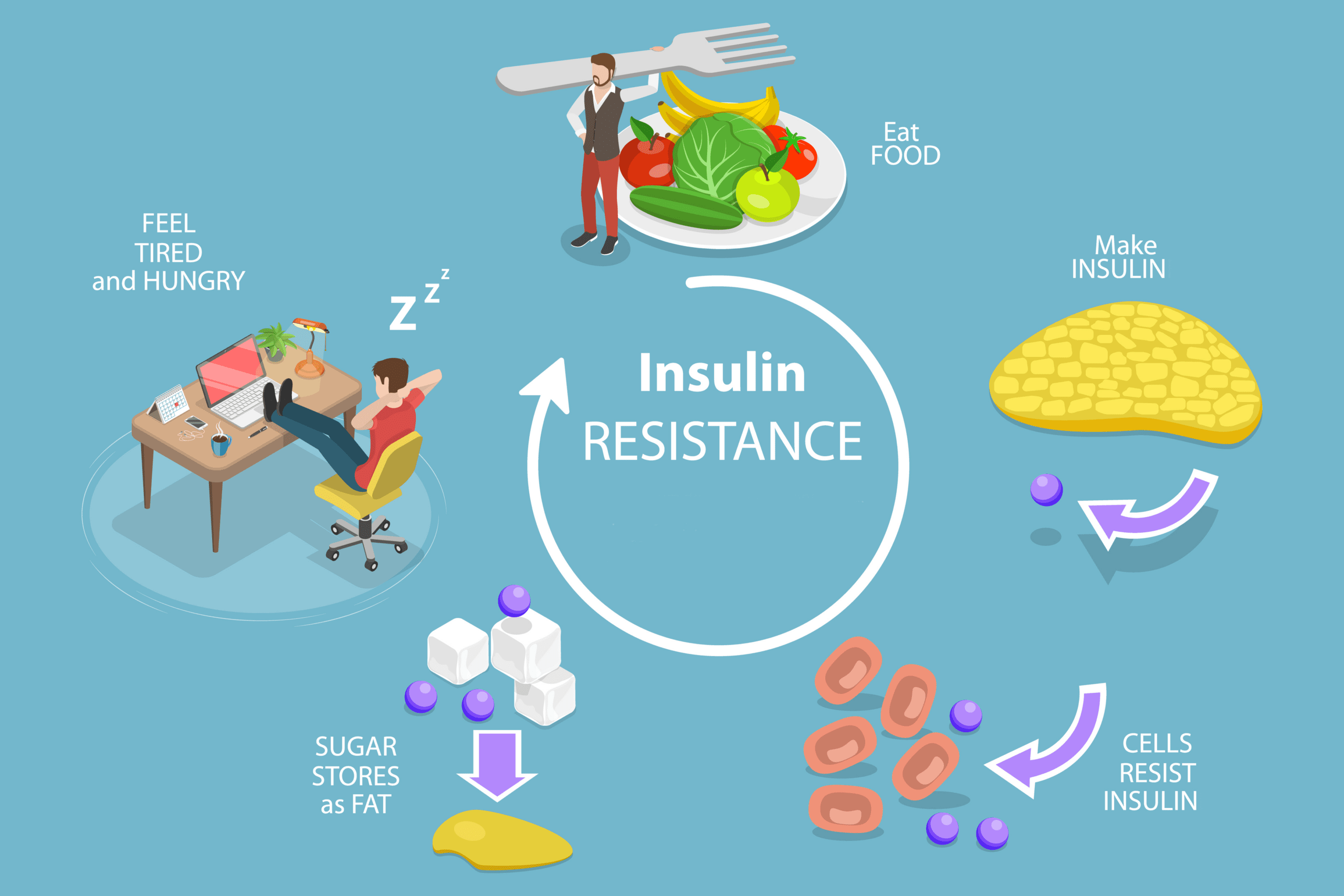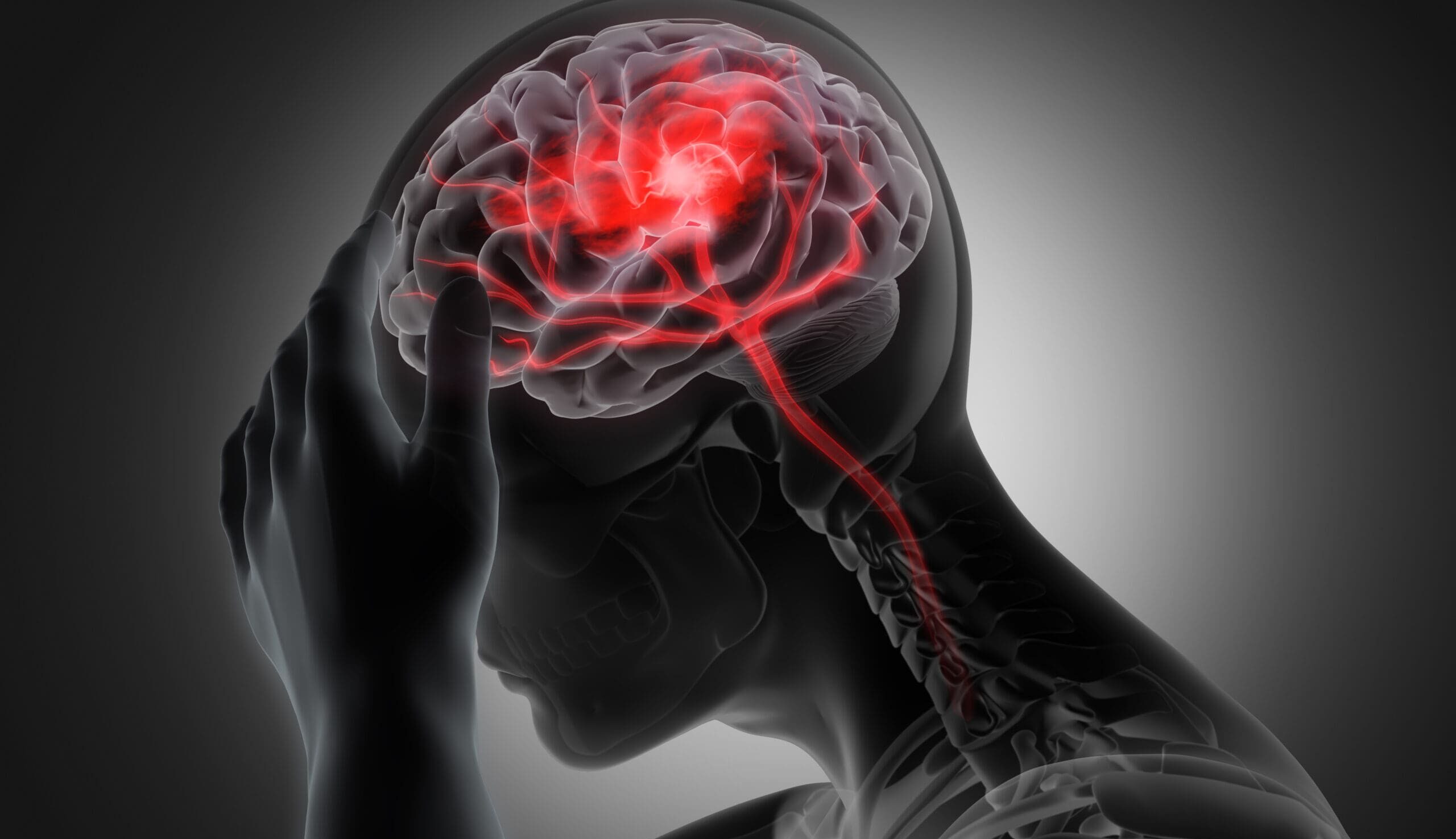3 hormones that can stand in the way of weight loss
By naturopath, Margaret Jasinska
Have you been trying to lose weight unsuccessfully? Are you eating well and exercising regularly yet the weight is not shifting? The human body is complex. Some people easily lose weight if they just cut out junk food and go for a walk a few times a week. Unfortunately, it’s not that easy for a lot of people. The older we get, the more difficult it becomes to lose weight. Also, women almost always lose weight more slowly than men. If you have some health problems you will also lose weight more slowly than a person who is relatively healthy.
Your body weight is not simply an equation between the number of calories you consume and how many you burn off with exercise. Your hormones play a huge role in determining how much you weigh and where on your body you tend to store fat. For many of our patients correcting the underlying hormonal imbalances becomes the most important factor in enabling them to lose weight.
There are two main types of fat on your body: subcutaneous fat and visceral fat.
- Subcutaneous fat is the type that sits just under your skin. You can pinch it with your fingers. Subcutaneous fat generally doesn’t raise your risk of health problems. Women commonly carry it around their hips, thighs and backside.
- Visceral fat is the type of fat that lives within and between your internal organs. Just about everyone with subcutaneous abdominal fat also has excess visceral fat. Sometimes a thin-looking person can have a lot of fat inside their liver and other organs. We refer to that person as “skinny fat”, or “thin outside, fat inside”.
Visceral fat is harmful for several reasons:
- Fat cells in your abdomen release inflammatory chemicals called adipokines. These chemicals reduce insulin sensitivity, cause a spike in your blood sugar and reduce your ability to strengthen your muscles. They make you prone to developing a fatty liver, syndrome X and possibly eventual type 2 diabetes.
- Having a lot of visceral fat also places you at increased risk of dementia. Research has shown that middle-aged people with a big belly experience more rapid brain atrophy (i.e. Their brain shrinks).
3 hormones that can block weight loss


1. Leptin
Leptin is a hormone that your fat cells make. It travels to your brain and tells it you’ve had enough to eat, there is enough fat on your body and you don’t need to eat anymore. If your leptin is working well, you find it easy to maintain your weight. You eat enough to satisfy your appetite and you’re not interested in over-eating.
Unfortunately, leptin resistance is extremely common. If your fat cells have been pumping out high levels of leptin for some time, your brain stops responding to it. That can give you feelings of intense hunger and cravings that are never satisfied. What causes leptin resistance? The biggest factors are consuming excess sugar (particularly fructose) and having high blood triglycerides. The eating plan in Dr Cabot’s newest weight loss book called I Can’t Lose Weight and I Don’t Know Why helps to address both of these problems.


2. Insulin
Most people know of insulin in relation to diabetes. Type 1 diabetics don’t produce enough insulin (hence must inject it), whereas in type 2 diabetics insulin no longer works properly. All healthy people secrete insulin after they’ve consumed a carbohydrate-rich meal. Insulin’s job is to get the glucose from the meal you’ve just eaten into your cells, where it should be burnt to give you energy.
As with leptin, the insulin in your body can stop being effective. Your pancreas tries to compensate for this by pumping out more and more insulin. This causes more harm than good; high insulin levels promote your body to store fat (particularly around the torso), they inhibit the fat-burning hormones, and they raise your appetite (especially for carbs and sugar).
What causes a person to become insulin resistant?
Eating too much sugar and carbohydrate-rich foods is one significant cause. Mineral and nutrient deficiencies is another common cause. Many people simply don’t get enough of these nutrients in their diet, and their metabolism suffers as a consequence. Some medications can cause insulin resistance, particularly those used for mental health conditions, and also steroids. A lack of exercise can cause insulin resistance.


3. Cortisol
Cortisol is a hormone made by your adrenal glands that can promote fat accumulation on your abdomen. Cortisol is a stress hormone; your body secretes more of it whenever you are stressed. Cortisol has three main jobs in your body – to raise blood glucose (to prepare your body to fight or flee), raise blood pressure and to modulate your immune system (in the short term it reduces inflammation; in the long term it can suppress your immune system).
Problems arise when your cortisol level remains chronically elevated. This can cause chronically raised blood sugar, and eventual insulin resistance. The more stressed you are, the more cortisol you secrete, which promotes abdominal fat accumulation.
Unfortunately, eating carbs and sugar also raises cortisol, which worsens the weight gain. It gets worse – belly fat cells contain four times more cortisol receptors compared with other cells. That means every time you raise cortisol levels, you just feed that muffin top.
Bringing your cortisol down can be hard work because sometimes we are caught in a stressful life situation that we can’t escape from. Trying to get adequate, good quality sleep; meditating, performing yoga and gentle exercise can all help. It is also important to nourish and support your adrenal glands, as excessive cortisol secretion can lead to eventual adrenal burnout and adrenal gland exhaustion. Certain herbs and nutrients can be very helpful.
Losing weight can be difficult, but if you can understand how to get your hormones to work with you rather than against you, the process becomes much easier. Metabocel tablets help to enhance weight loss and improve metabolic rate.









That was a helpful article. Thank you
I enjoyed reading this article and found the information to be helpful and well written. Thank you